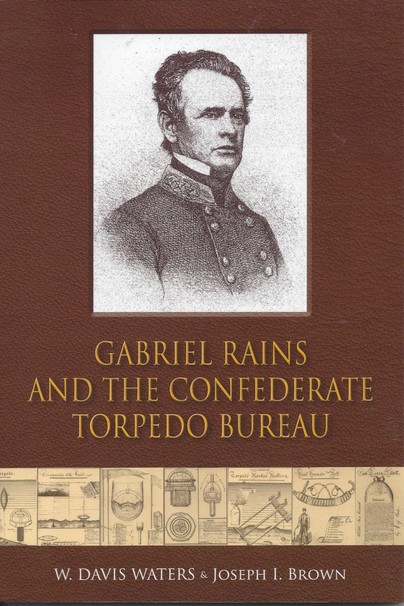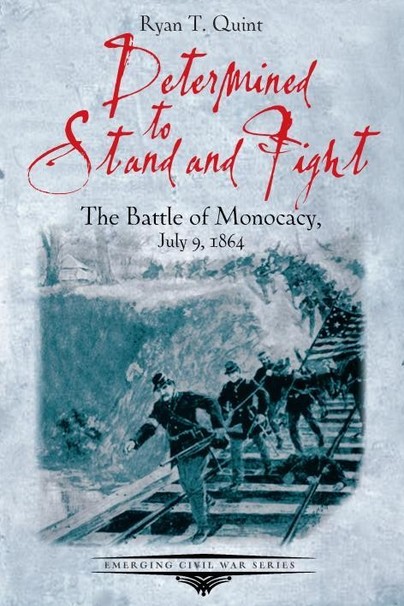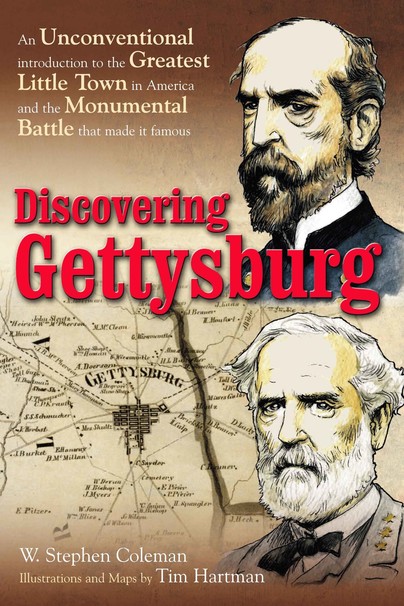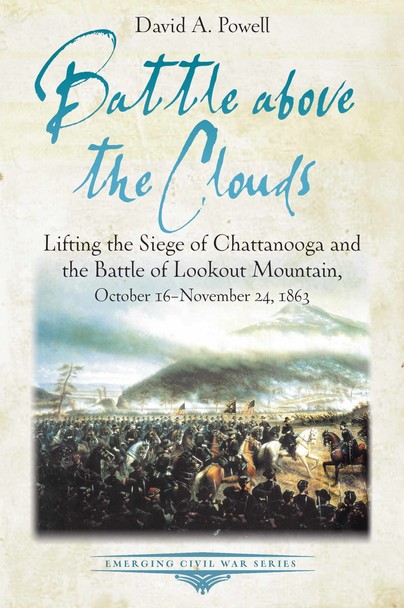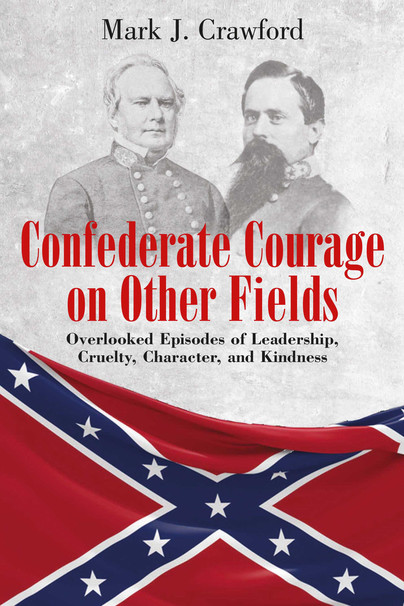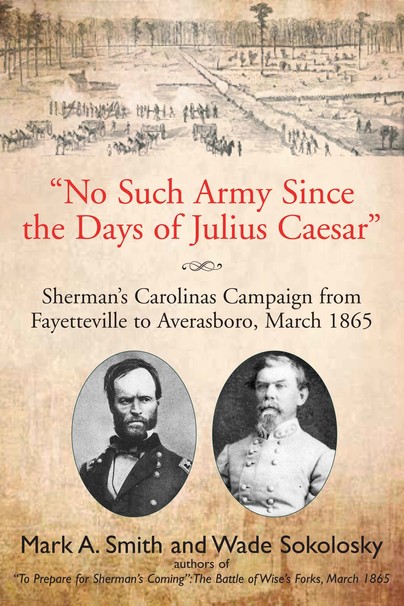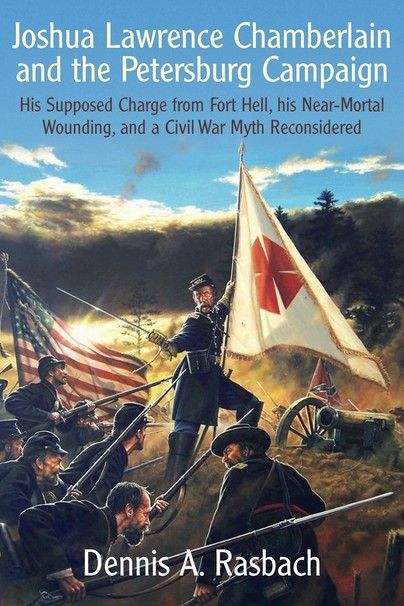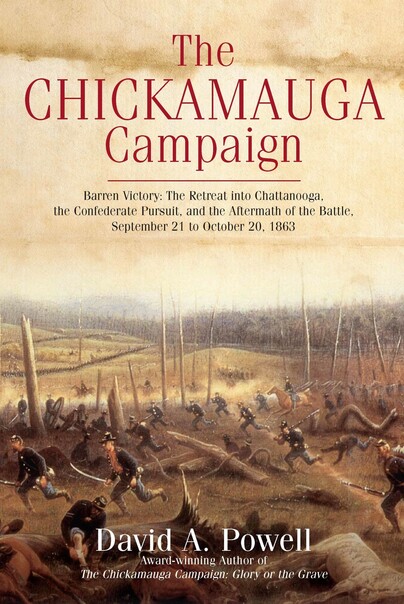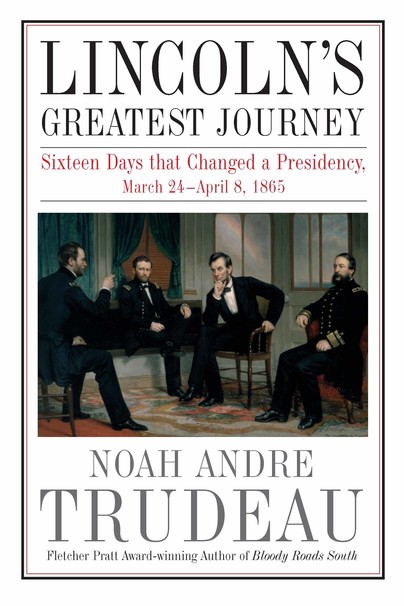Joshua Lawrence Chamberlain earned the sobriquet “Lion of the Round Top” for his tactical brilliance leading his 20th Maine Infantry on the rocky wooded slopes of Little Round Top at Gettysburg on the evening of July 2, 1863. Promoted to brigade command, he was presumed mortally wounded during an assault at Petersburg on June 18, 1864, and bestowed a rare “on the spot” battlefield promotion to brigadier general. He survived, returned to the command in 1865, and participated in the surrender of Lee’s veterans at Appomattox.
Chamberlain went to his grave a halfcentury later believing he was wounded while advancing alone from the future site of “Fort Hell.” His thrust, so he and others believed, was against the permanent fortifications of the Dimmock Line at Rives’ Salient, near the Jerusalem Plank Road, through a murderous flank fire from what was soon to become Confederateheld Fort Mahone. This narrative has been perpetuated by Chamberlain scholars and biographers over the past century. Chamberlain’s wounding and Rives’ Salient are now fused in the modern consciousness. This interpretation was given an additional mantle of authority with the erection of a Medal of Honor Recipient’s placard near South Crater Road by the Virginia Department of Historic Resources on November 8, 2014.In fact, author Dennis A. Rasbach argues, a careful review of the primary evidence left by Chamberlain and his contemporaries suggests that Chamberlain was mistaken regarding the larger context of the engagement in which he fought and fell. An overwhelming body of evidence, much of it derived from Chamberlain himself, demonstrates he actually attacked a different part of the Confederate line in the vicinity of an entirely different road. This part of the Petersburg campaign must now be rewritten to properly understand the important battle of June 18, 1864, and Chamberlain’s role in it.Richly illustrated with photos and original maps, and documented with extensive primary accounts, Rasbach’s Joshua Lawrence Chamberlain and the Petersburg Campaign dispels a wellestablished Civil War myth, and sets the historical record straight.
